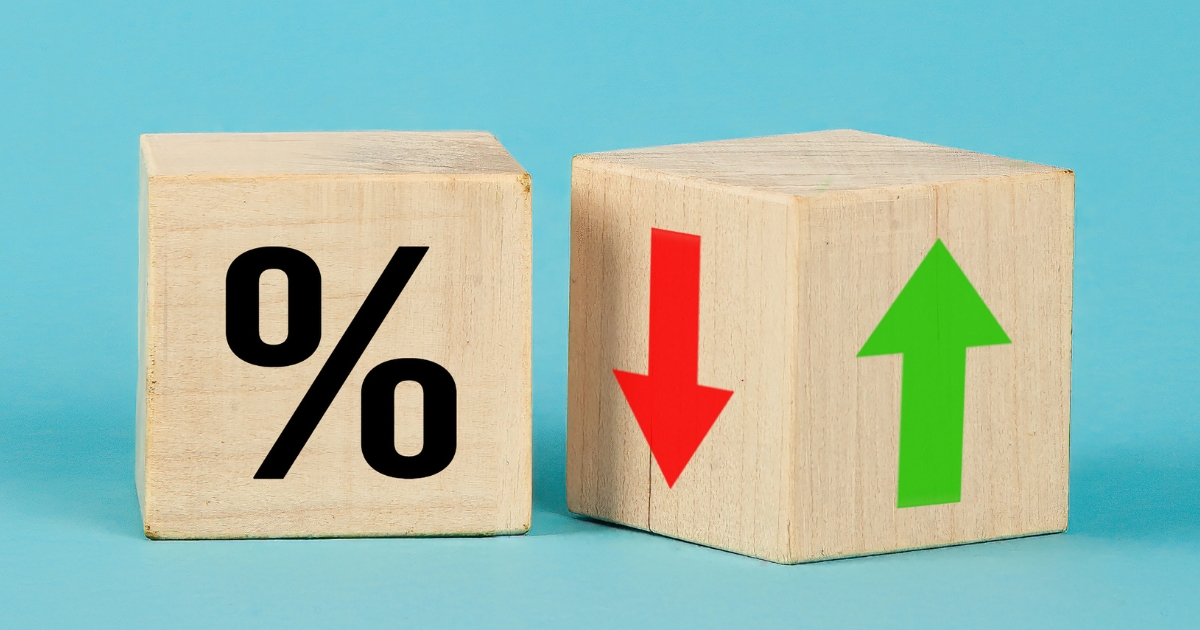
An interest rate is the amount that borrowers pay for the privilege of using someone else’s money, typically expressed as a percentage of the amount borrowed. In other words, interest rates represent the cost of borrowing money.
Understanding the impact of interest rates is important for anyone who plans to take out a loan, invest in the stock market, or even just keep a savings account. Interest rates can affect everything from mortgage payments to credit card debt to the value of your retirement portfolio.
Key Takeaways
- Importance of Interest Rates: Interest rates are crucial in determining the cost of loans and the return on investments, influencing personal financial decisions and the broader economy.
- Interest Rates in South Africa: The South African Reserve Bank sets interest rates based on various economic factors. These rates affect the affordability and total cost of loans, including personal, home, and business loans.
- Fixed vs. Variable Interest Rates: Borrowers must choose between fixed rates, which provide payment stability, and variable rates, which can offer cost savings when rates fall. This choice should consider personal financial stability, economic conditions, and loan duration.
What is an Interest Rate?
Interest is essentially the cost of borrowing money, applicable to various forms of credit such as student loans, mortgages, and credit cards. When you borrow money, you typically need to repay the principal sum along with an additional percentage of this amount, known as interest. However, there are exceptions. For example, if you settle your credit card balance in full each month or benefit from a promotional 0% interest rate, you won’t incur any interest charges.
If lenders perceive you as a low-risk borrower, often due to a history of responsible credit use, you might qualify for more favourable interest rates.
The total interest you end up paying can vary greatly. This variance depends on the loan’s duration and whether the interest rate is fixed or variable. A fixed interest rate remains constant throughout the term of the loan, whereas a variable interest rate can fluctuate based on changes in a benchmark index.
High interest rates make borrowing more costly, while low rates make it cheaper. Before committing to a loan, it’s crucial to fully understand how the interest rate will impact the total cost you will pay.
When interest rates change, they ripple across every loan and credit agreement. Stay updated on the latest moves by the SA Reserve Bank with our article SA Reserve Bank Cuts Interest Rates by 0.25% to see how this impacts your financial strategies and borrowing costs.

How Interest Rates Affect Loans in South Africa
In South Africa, a loan is a sum of money borrowed by an individual or a business from a financial institution or lender with the agreement to pay back the amount borrowed with interest over a specified period of time. Loans can be used for various purposes such as purchasing a car or a house, paying for education, starting a business, or covering unexpected expenses.
Types of Loans
There are several types of loans available to individuals and businesses. Understanding the different types of loans and their features can help borrowers choose the best option for their needs. Here are some of the most common types of loans available in South Africa:
| Loan Type | Purchase or construction of a property | Secured/Unsecured | Interest Rate | Repayment Terms |
|---|---|---|---|---|
| Personal Loans | Home renovations, debt consolidation, emergency expenses | Unsecured | Typically fixed | Fixed term |
| Home Loans | Purchase or construction of property | Secured | Lower than others | Longer terms |
| Vehicle Finance | Purchase of cars, motorcycles, or other vehicles | Secured/Unsecured | Fixed | Fixed term |
| Business Loans | Financing business operations or starting new ventures | Secured/Unsecured | Typically higher | Variable, depending on the loan |
| Student Loans | Financing education expenses like tuition and books | Secured/Unsecured | Lower than others | Variable, often favourable terms |
This table outlines the key characteristics of various types of loans available in South Africa, detailing their purposes, security requirements, interest rate tendencies, and repayment terms.
Understanding the real cost of your loan over time can be complex. Use our Loan Calculator to see how different interest rates affect your monthly payments. This tool will help you plan better by providing a clear picture of your financial commitment throughout the loan period.
Impact of Interest Rates on Loans
Interest rates have a significant impact on the cost of borrowing money. The interest rate charged on a loan will depend on various factors such as the borrower’s credit score, the type of loan, and current economic conditions. Higher interest rates can make it more expensive to borrow money and increase the total cost of the loan, while lower interest rates can make it more affordable and reduce the overall cost of borrowing.
How Interest Rates are Determined
In South Africa, interest rates are determined by the South African Reserve Bank (SARB). The SARB’s Monetary Policy Committee sets the repo rate, which is the interest rate at which the Reserve Bank lends money to commercial banks. Commercial banks then use this rate as a benchmark to determine the interest rates they charge on loans. In addition to the repo rate, other factors such as inflation, economic growth, and currency exchange rates can also influence interest rates.
Grasping the impact of interest rates on loans is essential. For insights into why these rates fluctuate, read our explanation in Why Do Loan Interest Rates Go Up?, which clarifies the economic forces influencing lending rates.
Fixed Versus Variable Interest Rates
When taking out a loan, borrowers may have the option of choosing between a fixed or variable interest rate. While fixed interest rates are constant for the life of the loan, variable rates can change in response to market fluctuations.
Pros and Cons of Fixed and Variable Interest Rates
| Interest Rate Type | Pros | Cons |
|---|---|---|
| Fixed Interest Rates | Predictable payment schedule for easier budgeting | Do not benefit from interest rate drops |
| Protection from rising interest rates | ||
| Variable Interest Rates | Can be advantageous when interest rates are low | Can be unpredictable and subject to change |
| Potential to save money on interest payments |
By weighing the pros and cons of each option and considering personal financial factors and economic conditions, borrowers can make an informed decision that best fits their needs and goals.
With South Africa awaiting SARB’s next move, understanding the broader implications of these announcements becomes crucial. Check out Will January Bring Relief? SARB’s Interest Rate Announcement Awaits for insights into the upcoming decision and how it may reshape the loan landscape.

Factors to Consider When Choosing Between Fixed and Variable Interest Rates
When deciding between a fixed or variable interest rate, there are several factors that borrowers should consider. Understanding the potential risks and benefits of each option can help borrowers make an informed decision that best fits their needs and goals. Here are some of the key factors to consider when choosing between fixed and variable interest rates:

Personal Financial Situation and Risk Tolerance
Borrowers should consider their personal financial situation and risk tolerance when deciding between fixed and variable interest rates. If borrowers prefer predictability and stability in their monthly payments, a fixed interest rate may be a better option. On the other hand, if borrowers are comfortable with fluctuating payments and want the potential to save money on interest payments, a variable interest rate may be a good choice.
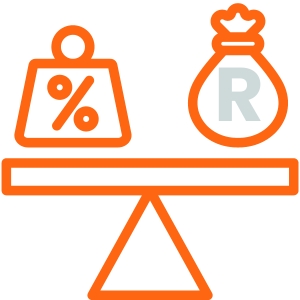
Current Economic Environment and Interest Rate Trends
Borrowers should also consider the current economic environment and interest rate trends when deciding between fixed and variable interest rates. If interest rates are historically low, borrowers may want to consider a variable interest rate. However, if interest rates are on an upward trend, borrowers may want to lock in a fixed interest rate to avoid future interest rate hikes.

Length of the Loan
The length of the loan can also impact the decision between fixed and variable interest rates. For longer-term loans, such as mortgages, borrowers may prefer the stability of a fixed interest rate. Short-term loans, such as personal loans, may benefit from a variable interest rate if interest rates are low.
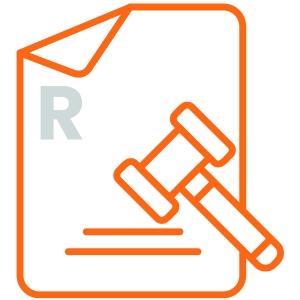
Penalty Fees
Borrowers should also consider any penalty fees associated with paying off the loan early or switching to a different interest rate. Fixed interest rate loans may come with penalties for early repayment, which can be a disadvantage for borrowers who want to pay off the loan early. Variable interest rate loans may allow for more flexibility in this regard.
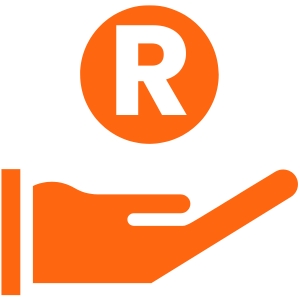
Loan Purpose
The purpose of the loan can also impact the decision between fixed and variable interest rates. For example, if the loan is for a business venture, borrowers may be more willing to take on the risk of a variable interest rate in order to potentially save money. On the other hand, if the loan is for a personal expense such as a wedding or vacation, borrowers may prefer the stability of a fixed interest rate.
Curious why interest rates seem to change at the drop of a hat? Understanding What is Inflation will give you the inside track on why the Reserve Bank makes those tough calls and how rising prices can influence the cost of borrowing.
Understanding Loan Amortization
The term ‘loan amortization’ describes the method of settling a loan through consistent payments spread across a designated period. With each payment, a portion of the payment goes towards paying off the loan balance, while the remainder goes towards paying interest.
Importance of Loan Amortization
Understanding loan amortization is important for borrowers, as it helps them to plan their finances and budget for regular payments. By understanding how loan payments are applied to the principal and interest, borrowers can make more informed decisions about their loans and manage their debt more effectively.
How Loan Amortization Affects Interest Rates
Loan amortization can impact the interest rate on a loan, as the amount of interest paid will depend on the length of the loan and the payment schedule. Loans with longer payment schedules will result in more interest payments over time, while loans with shorter payment schedules will result in less interest payments.
Factors that Impact Interest Rates
Inflation: Inflation is a key factor that impacts interest rates, as it reflects the overall increase in the cost of goods and services over time. Higher inflation can lead to higher interest rates, as lenders will demand more compensation to offset the loss of value in the money they lend.
Credit Score: A borrower’s credit score is another important factor that impacts interest rates, as it reflects the borrower’s creditworthiness and ability to repay the loan. Borrowers possessing higher credit scores generally receive lower interest rates, while those with lower scores are often subjected to higher rates due to the increased risk they pose.
Economic Conditions: The state of the economy can also impact interest rates, as lenders may adjust their rates in response to changes in economic growth, employment, and consumer confidence.
Your credit score plays a crucial role in determining the interest rates you qualify for. Visit our detailed guide on How is Credit Score Determined? to understand how your financial actions influence your credit score and, consequently, the interest rates lenders offer you.
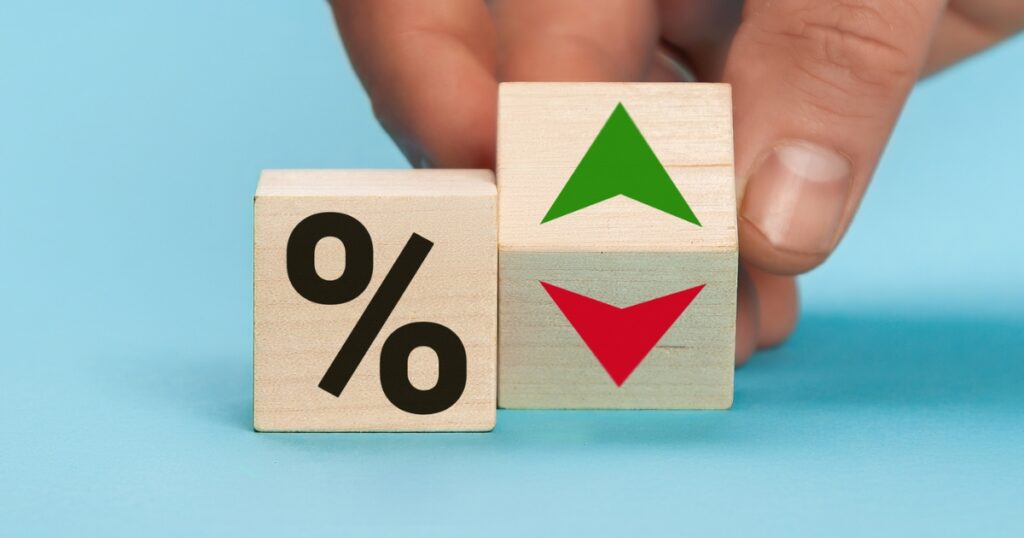
How to Get the Best Interest Rate for Your Loan
- Shop Around for the Best Rates: Borrowers should shop around and compare interest rates from multiple lenders to find the best rates and terms for their loans.
- Improve Your Credit Score: Improving your credit score can help you qualify for lower interest rates on loans. Strategies to improve your credit score include paying bills on time, reducing debt, and keeping credit utilization low.
- Consider a Cosigner: A cosigner can help borrowers qualify for better interest rates on loans, as they provide an additional level of financial security to lenders.
- Negotiate with Lenders: Borrowers may be able to negotiate with lenders to secure better interest rates, particularly if they have a good credit score, a steady income, or a strong financial history.
If high-interest rates are burdening you, refinancing might be a viable strategy. Learn how refinancing your current debts can lead to lower interest rates and more manageable monthly payments.
Conclusion
Understanding interest rates and their impact on loans is a key part of managing personal finances. By considering factors such as loan amortization, inflation, credit score, economic conditions, and Federal Reserve decisions, borrowers can make informed decisions about their loans and find the best rates and terms available. Additionally, strategies such as shopping around, improving credit scores, considering cosigners, and negotiating with lenders can help borrowers secure the best possible interest rates for their loans.
Frequently Asked Questions
An interest rate is the amount that borrowers pay for the privilege of using someone else’s money, typically expressed as a percentage of the amount borrowed. It represents the cost of borrowing money.
The interest rate on your loan will impact the total cost you pay over time. A higher interest rate can make it more expensive to borrow money and increase the total cost of the loan, while a lower interest rate can make it more affordable and reduce the overall cost of borrowing.
While fixed interest rates are constant for the life of the loan, variable rates can change in response to market fluctuations. Fixed interest rates provide borrowers with a predictable payment schedule, while variable interest rates can be advantageous for borrowers when interest rates are low.
In South Africa, interest rates are determined by the South African Reserve Bank (SARB). The SARB’s Monetary Policy Committee sets the repo rate, which is the interest rate at which the Reserve Bank lends money to commercial banks. Commercial banks then use this rate as a benchmark to determine the interest rates they charge on loans.
To get the best interest rate for your loan, it’s important to shop around and compare rates from multiple lenders. You can also improve your credit score, consider a cosigner, and negotiate with lenders to secure better interest rates. By taking these steps, you can find the best rates and terms available for your loan.



